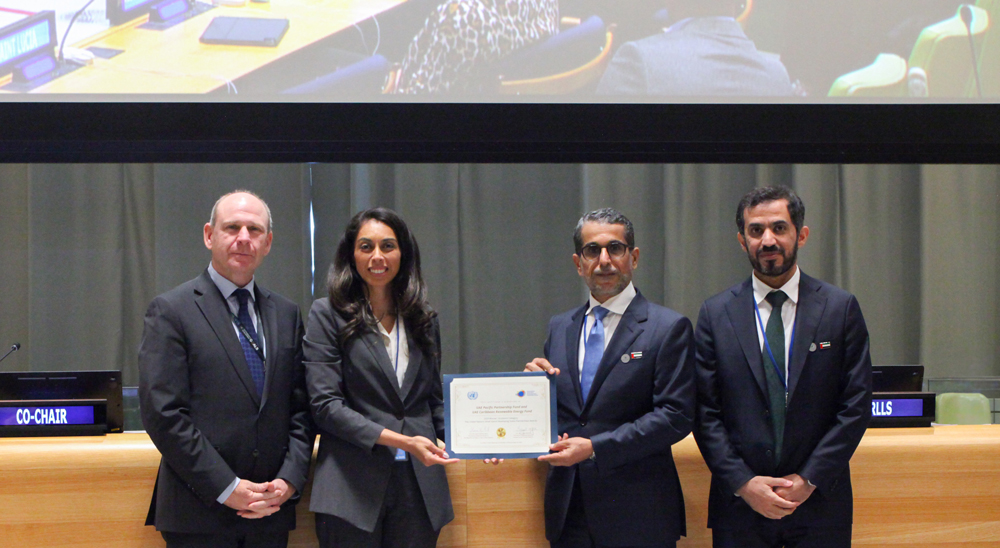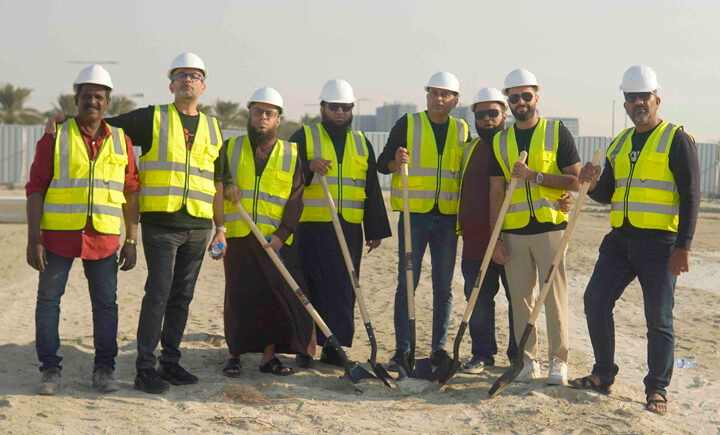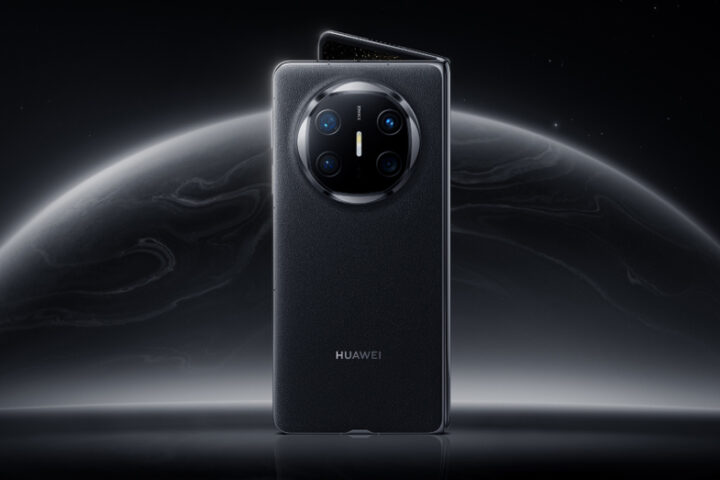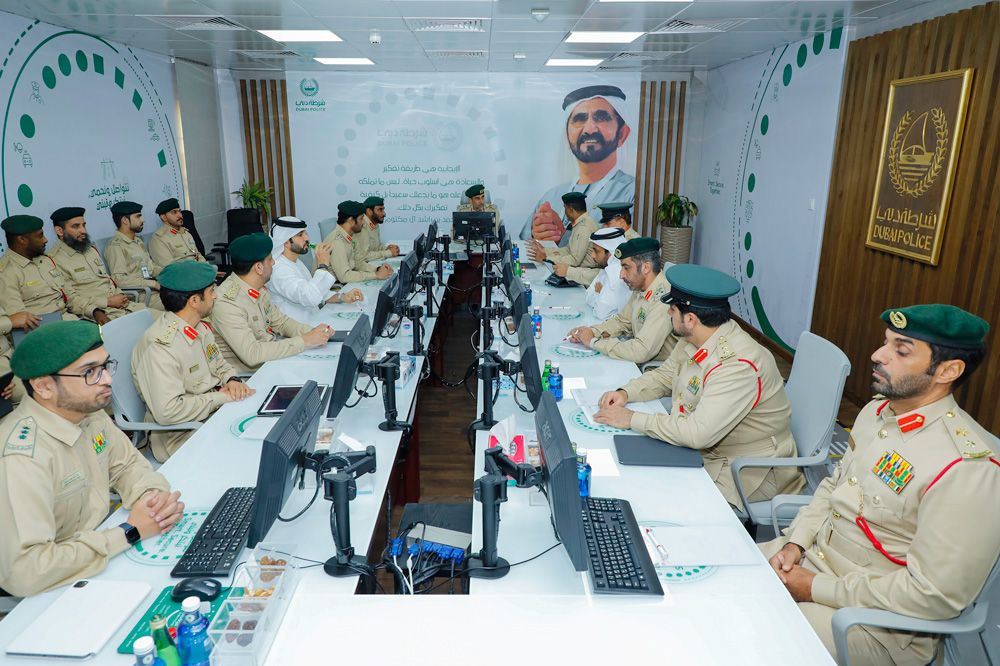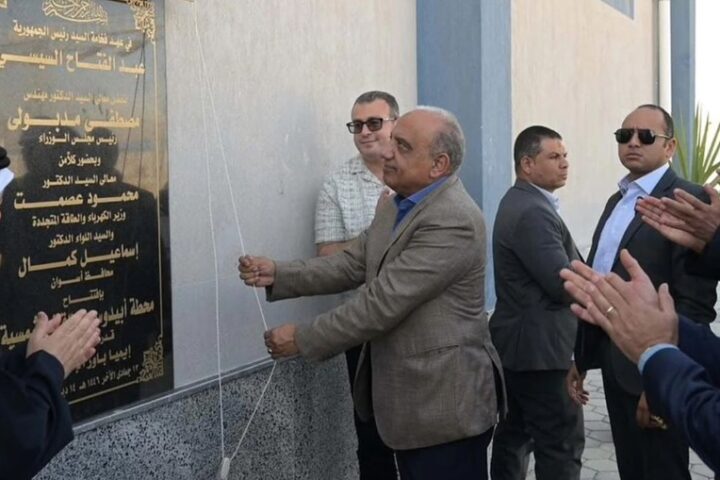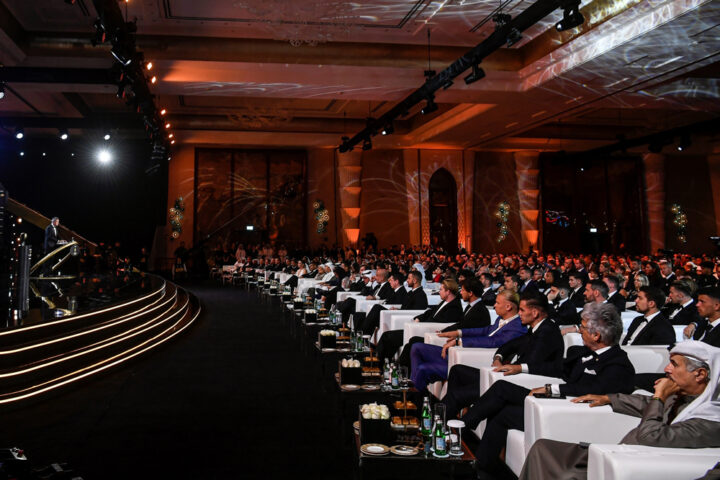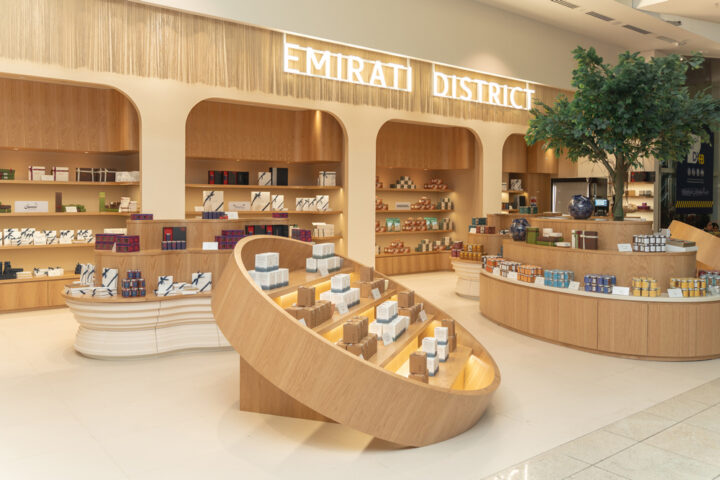Abu Dhabi, UAE – The Abu Dhabi Fund for Development (ADFD) has become the first institution in the MENA region to receive the United Nations Small Island Developing States (SIDS) Partnerships Award. This accolade, awarded in the economic category, honors ADFD’s groundbreaking initiatives—the UAE Pacific Partnership Fund and the UAE-Caribbean Renewable Energy Fund. The award was accepted by His Excellency Mohamed Saif Al Suwaidi, Director General of ADFD, at the Annual Global Multi-Stakeholder SIDS Partnership Dialogue in New York, held alongside the UN High-level Political Forum on Sustainable Development.
ADFD’s initiatives, funded with $100 million, represent strategic partnerships involving the UAE’s Ministry of Foreign Affairs (MoFA), ADFD, Abu Dhabi Future Energy Company (Masdar), and 26 governments from SIDS. These partnerships have been instrumental in promoting renewable energy, reducing fossil fuel dependence, enhancing energy security, and expanding climate action in the Caribbean and Pacific regions, thus driving significant economic development.
The initiatives have focused on developing solar, wind, and other renewable energy projects in SIDS, fostering innovation, creating employment opportunities, promoting gender equality, and strengthening climate resilience.
In his acceptance speech, His Excellency Mohamed Saif Al Suwaidi emphasized the UAE’s legacy of sustainable development, which was initiated by the UAE’s founding president, the late Sheikh Zayed, and continues under the leadership of His Highness Sheikh Mansour bin Zayed Al Nahyan, Vice President of the UAE, Deputy Prime Minister, Chairman of the Presidential Court, and Chairman of the Board of Directors of ADFD.
H.E. Al Suwaidi stated, “Under the guidance of His Highness Sheikh Mansour bin Zayed Al Nahyan, ADFD is committed to supporting the UAE’s mission to mitigate the effects of climate change by promoting clean energy in Small Island Developing States and globally. International cooperation is central to our mission to achieve global energy and sustainable development goals, and we are grateful to all contributors for the recognition we have achieved in this field. We reaffirm our commitment to support the island states on their journey towards a sustainable and resilient energy future.”
Major Projects
One notable project financed by ADFD is a $5.4 million wind farm in Samoa, equipped with cyclone-proof turbines that provide uninterrupted energy to 75 percent of the country’s population. This project saves 183,000 liters of diesel annually, reducing the country’s carbon footprint by 506 tons.
Similarly, the hurricane-resistant hybrid power plant in Antigua and Barbuda is designed to endure severe winds, supplying reliable and sustainable electricity to the entire population. This plant supports the nation’s goal of producing 86 percent of its electricity from renewables by 2030 and reduces annual diesel consumption by 406,000 liters, cutting carbon dioxide emissions by over 1 million kilograms.
Another significant project is the 600 kW solar power plant in the Marshall Islands, built on a reservoir near the capital Majuro. This plant increases the water storage capacity of the artificial lake by over 20 percent, saves 236,000 liters of diesel annually, and reduces annual CO2 emissions by 652 tons.
Additional renewable energy projects in Nauru, Solomon Island, Micronesia, Kiribati, Fiji, Tuvalu, and Tonga have also yielded substantial environmental and economic benefits.
About the Awards
Established by the United Nations Member States in 2021, the United Nations Small Island Developing States Partnerships Awards recognize the most noteworthy and enduring partnerships that advance the SIDS Accelerated Modalities of Action (SAMOA Pathway). The awards highlight best practices, increase visibility of the SIDS Partnership Framework, motivate the creation of new SIDS partnerships, and encourage the registration of new partnerships for SIDS.

